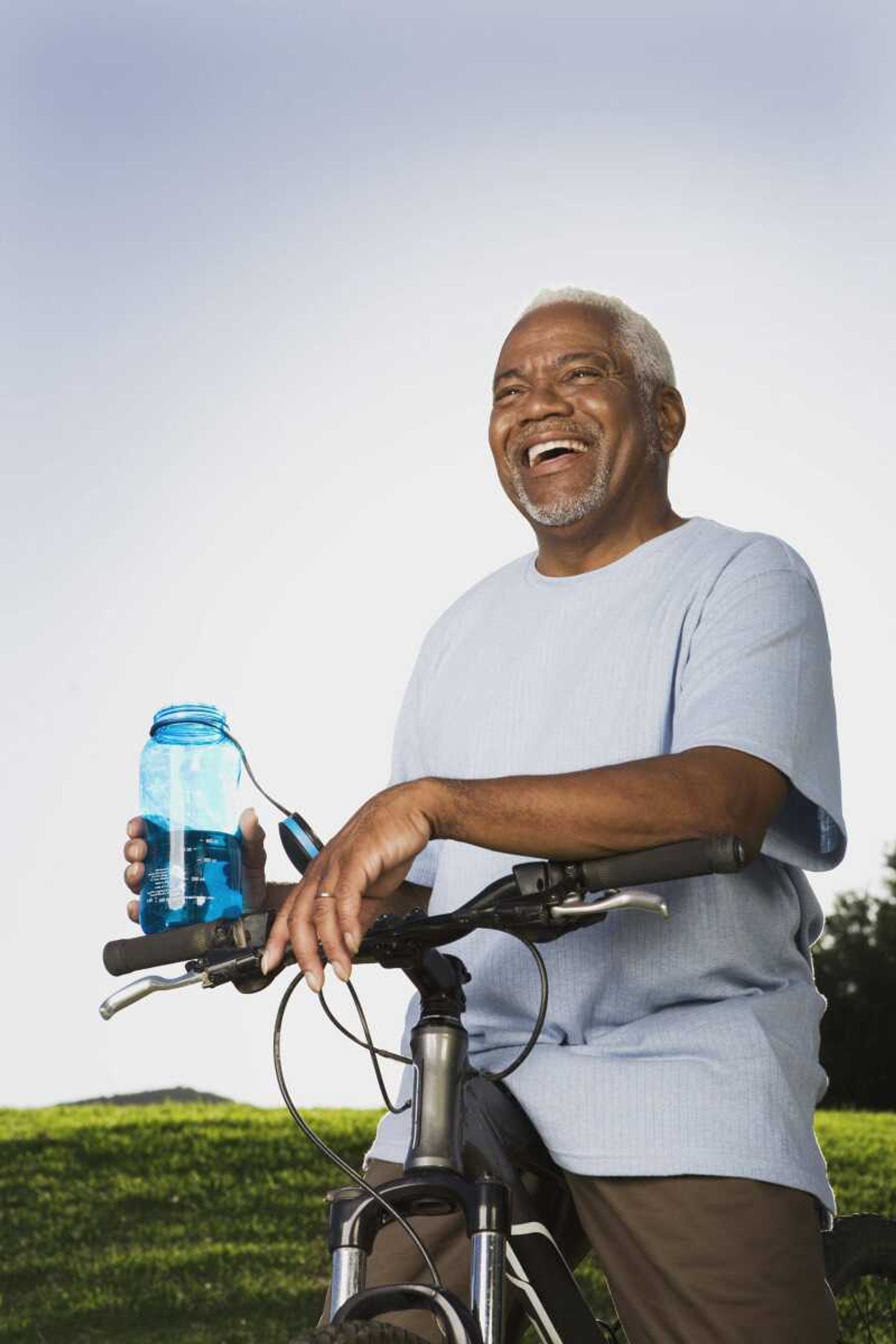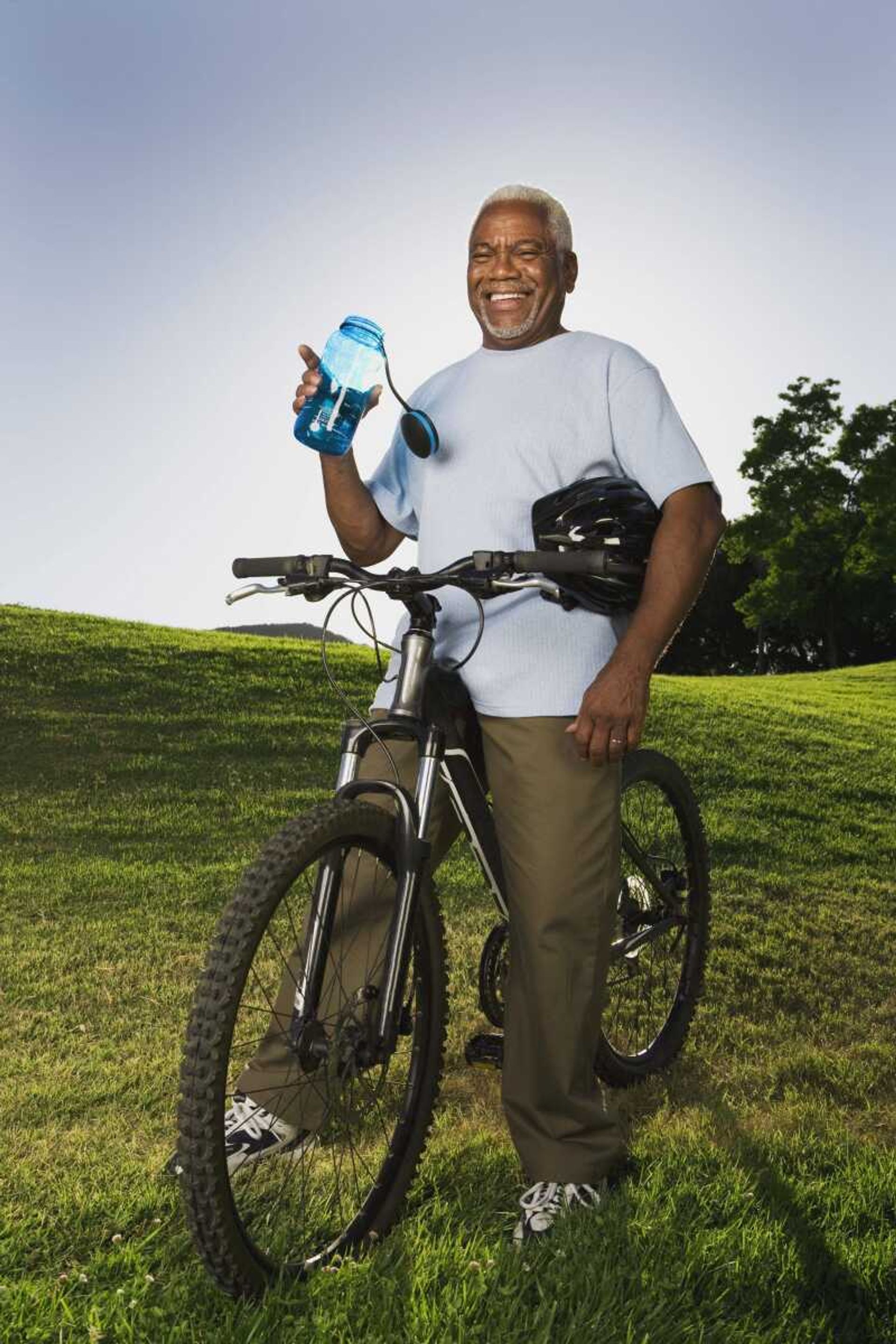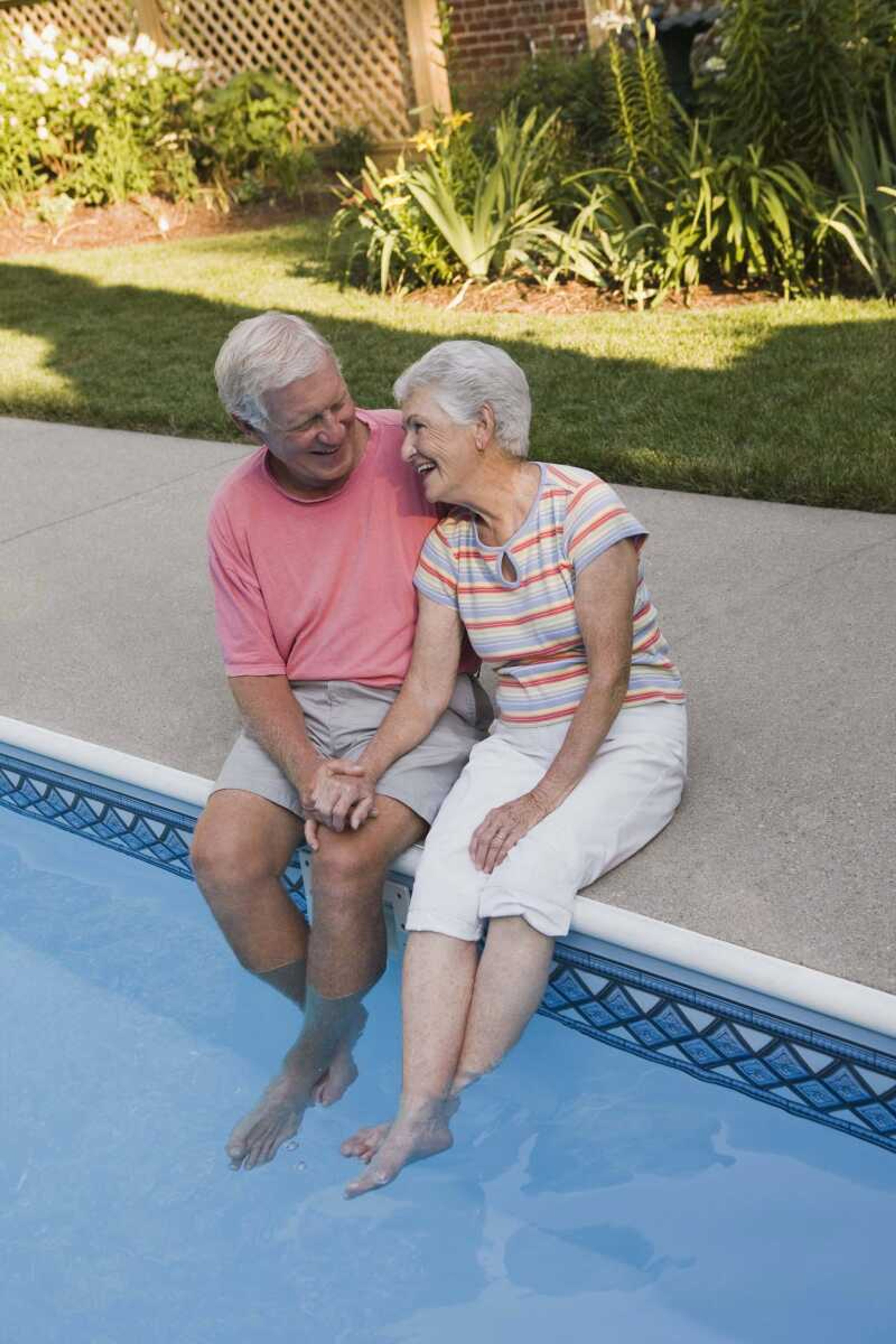Can you take the heat?: How to stay safe during the hot summer months
Do you find that you just can't tolerate the summer heat like you used to? It's not your imagination -- as we get older, our bodies become less able to cool themselves off in times of extreme heat. "As we age, our body systems tend to slow down, and they don't work as well as they used to," says Vanessa Landers, communicable disease coordinator at the Cape Girardeau County Public Health Center. ...
Do you find that you just can't tolerate the summer heat like you used to? It's not your imagination -- as we get older, our bodies become less able to cool themselves off in times of extreme heat.
"As we age, our body systems tend to slow down, and they don't work as well as they used to," says Vanessa Landers, communicable disease coordinator at the Cape Girardeau County Public Health Center. "Older people may also have more health issues, which puts them at more risk for heat-related illnesses. But even without pre-existing conditions, they are likely to have more problems with heat."
There are two levels of heat-related illnesses: heat exhaustion and heat stroke. While the symptoms are similar for both, it's important to know when the line is crossed from heat exhaustion to heat stroke, which is more severe.
Symptoms of a heat-related illness include excessive sweating, flushing of the skin, dizziness, loss of appetite, feeling extremely tired or becoming nauseous or sick to the stomach, Landers says. Muscle cramps or headaches may also occur, according to the Centers for Disease Control and Prevention.
"Heat exhaustion completely zaps you, but when you get cooler, you recoup," she explains. "With heat stroke, your body temperature keeps going higher and higher, past the point of exhaustion. ... You can die from heat stroke. It is more serious."
If you stop sweating, have convulsions and feel very sick, these are signs that the body is experiencing heat stroke, and medical attention should be sought right away. A person with heat stroke may also experience confusion, a throbbing headache or even unconsciousness, the CDC says.
Landers advises taking action as soon as symptoms of heat exhaustion appear. Cool the body off by getting to a cooler place, applying cool compresses to the body and drinking cool water.
To prevent a heat-related illness, it's important to use extra caution when spending time outdoors in extreme heat.
"Pace yourself, and don't work in the hottest part of the day," Landers says. Drink plenty of water before, during and after working outside, she adds, and avoid alcohol and caffeine, which dehydrate the body.
The CDC also advises wearing loose, lightweight, light-colored clothing. Try not to use the stove or oven to cook, as it will make your house even hotter. And, don't wait until you're thirsty to drink water -- you should drink two to four cups of water every hour while working or exercising outdoors.

Don't try to save money on your electric bill by not using fans and air conditioning.
"If you have fans and air conditioning, you need to use them," Landers says. "It doesn't take that long for someone to be overcome by some sort of heat-related illness. Depending on medications and pre-existing conditions, that can bring it on much faster, so be aware of those sittions as well."
It's a good idea to use a buddy system to make sure the elderly or people with health problems are taken care of on hot days, Landers says. Check in on friends, neighbors and family members, and make sure they have fans and air conditioning to keep them cool. Landers also recommends spending time at cooling centers during times of extreme heat; call your local senior center for up-to-date information on cooling centers.
"We all know it's going to get hot this summer. We don't know exactly when that switch is going to be thrown, but is going to be hot," she says. "Be careful and watchful of what the temperatures are going to be, and plan ahead if you can't do something for yourself."
For more information about heat-related illnesses and staying cool this summer, visit www.cdc.gov/extremeheat.

Connect with the Southeast Missourian Newsroom:
For corrections to this story or other insights for the editor, click here. To submit a letter to the editor, click here. To learn about the Southeast Missourian’s AI Policy, click here.









